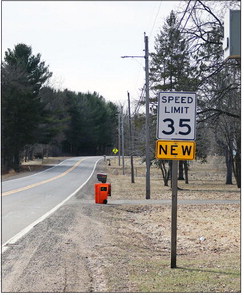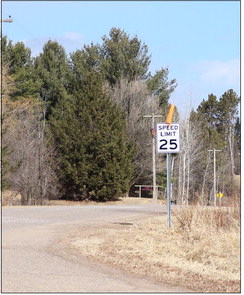Conserve water and money, by checking for any leaks


Little leaks add up over time, leading to wasted water and higher bills. By taking time to access the household for water waste, during Fix A Leak Week, which was March 17-23, the Environmental Protection Agency (EPA), highlights the importance of preventing household water waste and practicing water conservation.
Household leaks can waste more than 1 trillion gallons of water annually, nationwide, costing consumers millions of dollars. By fixing household leaks promptly, consumers can save water and money, and prevent damage to their floors, furniture and possessions.
This is the perfect time to fix any leaks that have been put off. To make it easy for residents, the EPA’s webpage provides guidance on detecting and fixing the most common household leaks, which include the following:
• Check for leaks in the home, business or workplace.
• Start toilet and faucet repairs.
• Learn how to replace a showerhead.
• Don’t be afraid to consult a plumbing professional to help get the leaks fixed or old fixtures replaced with more efficient models.
Household leaks aren’t the only places where water can be wasted. Large business operations, like dairy and agricultural operations, can also experience leaks. These leaks can quickly amount to a lot of water, so prompt repair can help businesses save money and boost their bottom lines.
For tips and tricks, visit epa.gov.
Photo by Ginna Young
Speed limits have been lowered on the opposite ends of Cornell, with the limit dropping from 45 mph to 35 mph along Riverside Drive, while the other went from 35 mph to 25 mph coming into town from South Eighth Street from the south. Mayor Mark Larson reported March 20, that the new speed limits are being enforced.

